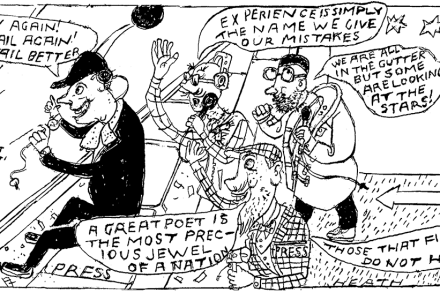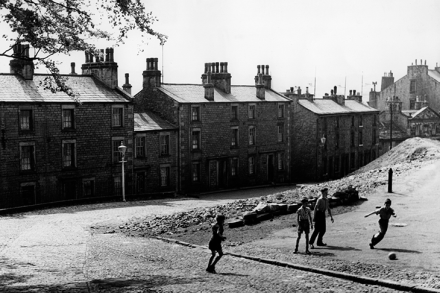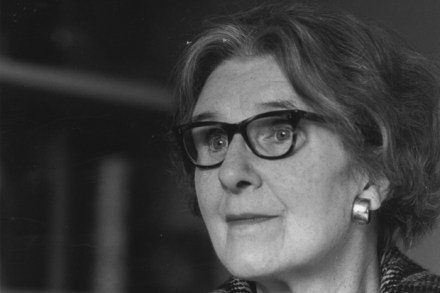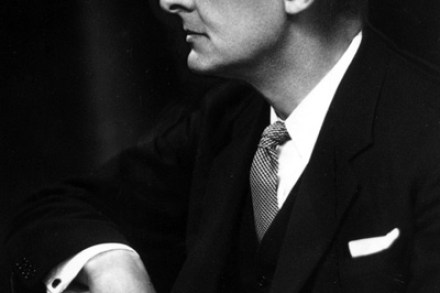The exquisite vanity of the male sports writer
A good place to catch the highbrow sports journalist in action is the ‘Pseuds Corner’ column of PrivateEye, where he (and it’s always a ‘he’) regularly appears. Here you will discover that to contemplate Manchester City’s mid-season loss of form is ‘like sitting in Rome in 410 and watching the Visigoths pour over the horizon’,














